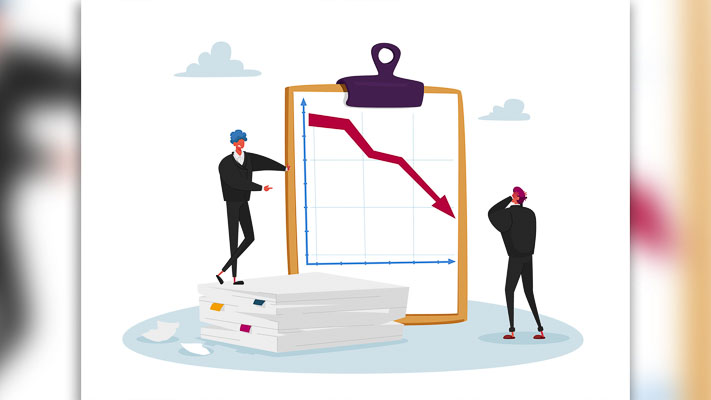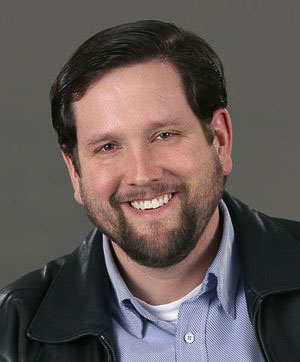
David Boze of the Washington Policy Center provides insight on Elizabeth Hovde’s study on the state’s long-term-care program
David Boze
Washington Policy Center
Today WPC released Center for Health Care Director Elizabeth Hovde’s new extensive study on the state’s long-term-care program, WA Cares. It reveals a program working against the inspiration for its existence — the need for people to prepare for long-term-care needs — with marketing that assures people that the new program will give the financial freedom when it will not. Ironically, the new state program is encouraging people to ignore preparing for possible long-term-care needs despite having a benefit that is not only already wildly insufficient for long-term care, but which will have to be cut (or the payroll tax that funds it will need to be raised), in order for the program to remain solvent.

The study also shows that the state’s cost-savings are miniscule (and questionable) compared to what Washington workers will be paying in the tax.
I’ve posted some takeaways I had from the study below. I urge you to take a look at them and consider reading the full Policy Brief. Don’t keep the information to yourself! Share the points that strike you with everyone you know!
Key Takeaways:
- The WA Cares program is insolvent before it begins, facing a $15 billion shortfall.
- Between 2022-2053, workers will pay more than $30 billion for the state to realize net savings of just over $1.2 billion, assuming administrative costs don’t increase.
- The regressive tax in the law means some low-income workers will be forced to hand over a portion of their income to benefit others with higher incomes.
- It is likely the Employment Security Department will grant a monopoly to Service Employees International Union 775 (among the largest campaign donors in the state) to provide required training of family caregivers who could be obligated to pay them dues.
- The lifetime benefit of $36,500 is highly unlikely to provide for most people’s needs, making the state’s promises of financial security and “peace of mind” both false and dangerous.
- There is already legislative discussion that the 58-cent tax will need to increase or the benefit amount of $36,500 decrease to keep the program viable.
- At its starting tax rate (already expected to increase), a worker earning $25,000 will pay $145 each year, a worker making $50,000 will pay $290, those making $100,000 will pay $580 and so on.
- Private long-term-care plans typically start paying out when an elderly person needs help with two daily-life activities, while the state program will require a person to need help with at least three.
Read the full policy brief here.
David Boze is the communications director at the Washington Policy Center.
Also read:
- Opinion: Defending the indefensibleNancy Churchill argues that Washington’s lawsuit against a sheriff cooperating with ICE reveals a deeper political agenda that puts public safety at risk.
- Letter: ‘Here’s why taxpayers should be concerned’Camas resident Gary Perman urges voters to reject RFA Proposition 1, warning of higher taxes, no added services, and misleading campaign claims.
- Letter: ‘The IBR needs a more cost-effective design’Bob Ortblad argues the I-5 Bridge replacement project is overbudget and inefficient, urging a more cost-effective tunnel alternative to avoid excessive tolls and taxpayer burden.
- Opinion: Employers shouldn’t pay workers not to work: Paying people to strike should be a union’s jobElizabeth New of the Washington Policy Center argues that Senate Bill 5041 would burden employers and taxpayers by using unemployment funds to pay striking workers instead of requiring unions to support their members.
- POLL: Should Washington Raise the 1% Cap on Property Tax Increases?Clark County Today’s weekly poll asks whether Washington lawmakers should raise the current 1% cap on annual property tax increases.










